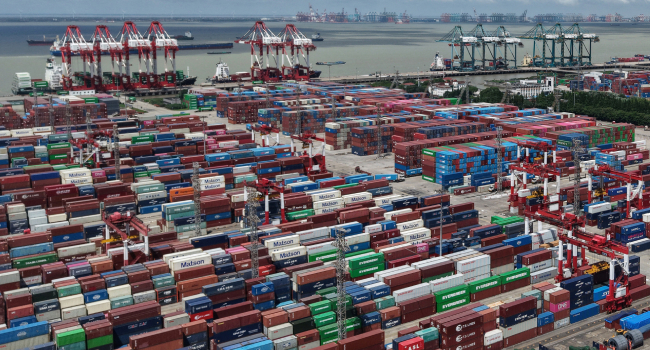The World Bank forecasts that Nigeria is poised to receive over $20 billion in diaspora remittances by the end of 2023, marking a significant increase in the total remittances into the Sub-Saharan Africa region. This projection was outlined in the World Bank’s latest Migration and Development Brief, signaling positive economic impacts for the country and the broader African region.
The report indicates that remittances to Sub-Saharan Africa are anticipated to grow by 1.9%, reaching $54 billion in 2023, with further growth expected to elevate the figure to $55 billion by 2024. Notably, Nigeria accounts for 38% of remittance flows to the region, registering a 2% increase, while other major recipients, including Ghana and Kenya, experienced estimated gains of 5.6% and 3.8% respectively.
However, the report also sheds light on challenges, highlighting that fixed exchange rates and capital controls are directing remittances towards unofficial channels. Despite these hurdles, remittance flows to the region are projected to rise by 2.5% in 2024. Remarkably, remittance flows from the United States have remained stable, with the euro area showing signs of recovery albeit below pre-pandemic projections.
At the current official market rate of N885.88 per dollar, the expected total diaspora remittances to Nigeria are estimated at N17.717 trillion, underscoring the substantial financial contribution made by the diaspora community to the country’s economy.
Remittances play a crucial role in financing the Sub-Saharan Africa region, especially given their stability compared to Foreign Direct Investments. In 2023, remittances significantly surpassed FDI flows, with notable growth witnessed in countries such as Rwanda (16.8%), Ethiopia (16%), and Mozambique (48.5%). Nigeria, as the largest recipient, is set to receive more than $20 billion in official remittances by the end of 2023, while Ghana, the second-largest recipient, experienced a notable increase in remittances.
Despite the positive forecast, the report also addresses challenges, with the average cost of sending $200 to the Sub-Saharan Africa region experiencing a slight increase to 7.9% in 2023Q2 from 7.2% in 2022Q2. Iffath Sharif, the Global Director of the Social Protection and Jobs Global Practice at the World Bank, emphasized the resilience of migrants in supporting their families during crises, although external factors such as high inflation and subdued global growth are influencing the amounts they can send.
Dilip Ratha, the lead economist and lead author of the report, stressed the importance of leveraging remittances for private capital mobilization to support development finance, particularly through diaspora bonds. He highlighted that remittance flows to developing countries have exceeded the sum of foreign direct investment and official development assistance in recent years, a trend expected to continue, making remittances a vital contributor to the economic development of these nations.



